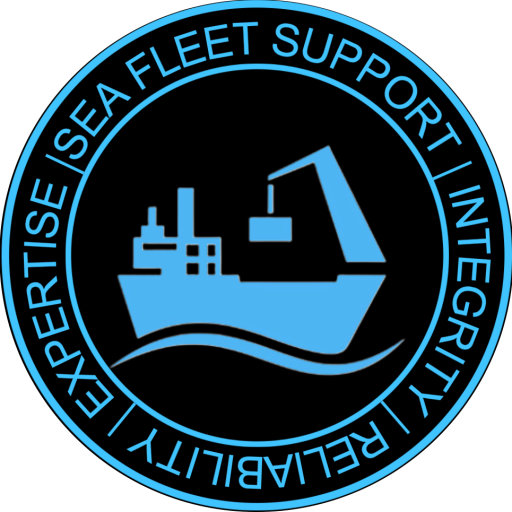The Future of Eco-Friendly Shipping: Green Technologies in the Maritime Industry
The shipping industry is undergoing a transformation as it seeks to reduce its environmental footprint. With global trade heavily reliant on maritime transport, finding sustainable solutions is crucial for reducing emissions and minimizing pollution. In this blog, we explore the latest green technologies that are shaping the future of eco-friendly shipping. 1. Alternative Fuels: Moving…
